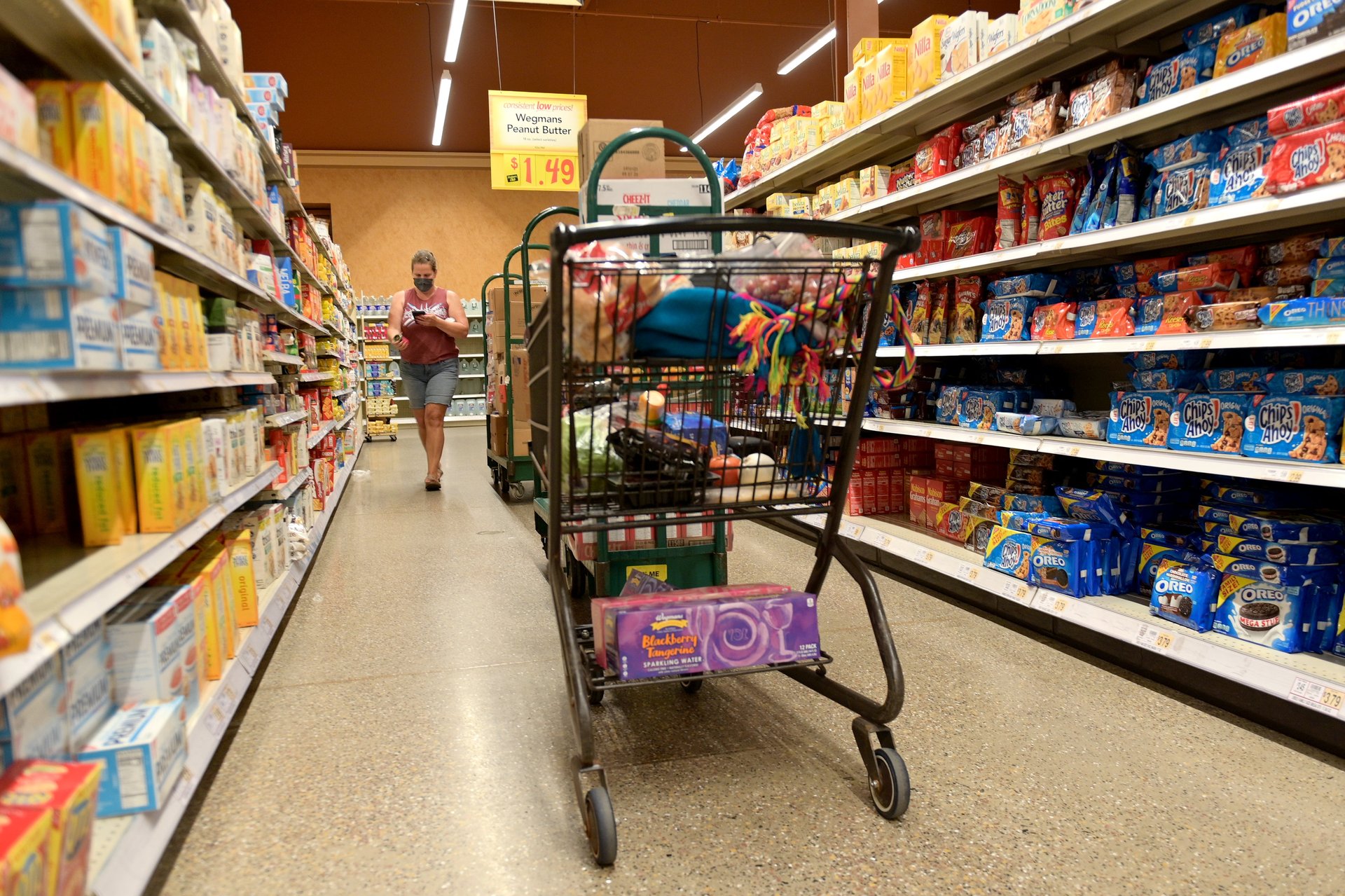Instacart's latest 20% valuation cut delivers yet another blow to the online grocery sector
There's been a rough reversal of fortunes for the grocery delivery space

Grocery delivery firm Instacart has cut its valuation by a further 20% to $10 billion, the fourth time it’s shrunk this year, amidst rising inflation and cut-throat competition in the sector.
The lowered valuation was first reported by The Information. It’s the latest setback for the company, which has struggled to hold on to its pandemic gains, and has recently had to shelve its IPO plans for the year.
The past two years accelerated demand for all things online, turning Instacart into a hot buy for investors. In March 2021, a $265 million funding round delivered a peak valuation of $39 billion for the company founded in 2012. But post-pandemic consumption patterns have seen a return to in-store shopping and other formats like click-and-collect.
Plus, higher grocery prices have customers watching their wallets more closely. Grocery delivery services like Instacart come with premium delivery fees, which people are less willing to pay now. Walmart, for instance, with its budget-minded positioning has seen an uptick in its groceries business. The legacy retailer launched its own InHome delivery service over the summer, and companies including UberEats and DoorDash are also fighting Instacart too for market share.
It’s not just Instacart—valuations are tumbling across the sector. Ultrafast grocery delivery service Gorillas was acquired by Getir earlier this month for a price that gave its investors little or no return on investment, while other competitors like Buyk and Fridge No More shut down earlier this year.
In an attempt to raise its thin margins, Instacart has begun adding more featured content, such as curated shopping carts from celebrities and influencers, with the goal of becoming somewhere people discover new products, rather than just being a place where people search for a specific item and leave.